(Portugese translation below / Tradução em português abaixo)
Abdur Rahman Zwardar, aged 67, once worked as an Ansar in the hills. Across the river, there was a house where he lived with many siblings. His father struggled to provide for the large family. Over the years, their houses were repeatedly destroyed by floods, cyclones, and storms, forcing them to move to the other side of the river.
Rahman doesn’t own any land now. He works as a day laborer on other people’s farms. He suffers from severe pain in his right leg and waist. The local doctor gives him painkillers, but the pain never really goes away. Because of this, he can no longer work as he used to.
Rahman feels a profound sense of emptiness and believes that both humanity and the world are slowly falling apart. The Sundarbans, which once protected them from fierce storms like a caring mother, now seem vulnerable. Climate change has altered the nature of cyclones, but people didn’t realize this in time. While there are fewer deaths, the damage to homes and crops is extensive.
Rahman is now taking shelter in a relative’s house. Due to the pain in his leg, he can’t work on other people’s land any longer. He places his trust in God now, as he faces an uncertain and painful future.
Abdur Rahman Zwardar, de 67 anos, játrabalhou como Ansar nas colinas. Do outro lado do rio, havia umacasa onde ele morava com muitos irmãos. Seu pai lutava parasustentar a grande família. Ao longo dos anos, suas casas foramrepetidamente destruídas por inundações, ciclones e tempestades,forçando-os a se mudar para o outro lado do rio.
Rahman não possui terras atualmente.Trabalha como trabalhador diário nas fazendas de outras pessoas.Sofre de dores severas na perna direita e na cintura. O médico locallhe dá analgésicos, mas a dor nunca desaparece completamente. Porcausa disso, ele não pode mais trabalhar como antes.
Rahman sente um profundo vazio eacredita que tanto a humanidade quanto o mundo estão lentamentedesmoronando. Os Sundarbans, que antes os protegiam de tempestadesferozes como uma mãe carinhosa, agora parecem vulneráveis. Asmudanças climáticas alteraram a natureza dos ciclones, mas aspessoas não perceberam isso a tempo. Embora haja menos mortes, osdanos às casas e às colheitas são extensos.
Rahman agora está abrigado na casa deum parente. Devido à dor na perna, ele não pode mais trabalhar nasterras de outras pessoas. Ele coloca sua confiança em Deus agora,enquanto enfrenta um futuro incerto e doloroso.
What has climate change done here?
We lived a good life in our childhood; we had no problems with anything. Everything was well with us—food, education, and work. But now, first came Sidr, then Aila—one after another, the cyclones and floods came, ruining everything and making life difficult for us. The trees we plant get uprooted every year due to the floods, our homes are destroyed, and the roads are broken, so the children cannot go to school. We are living amidst these crises.
From the terrible condition we are in, we see no way out other than dying. We have lost so much to these floods that we feel hopeless and lack courage.
Vivíamos uma boa vida na nossainfância; não tínhamos problemas com nada. Tudo estava bem conosco— comida, educação e trabalho. Mas agora, primeiro veio o Sidr,depois o Aila — um após o outro, os ciclones e as inundaçõesvieram, destruindo tudo e tornando a vida difícil para nós. Asárvores que plantamos são arrancadas todo ano devido àsinundações, nossas casas são destruídas, e as estradas ficamquebradas, então as crianças não podem ir à escola. Estamosvivendo no meio dessas crises.
Da terrível condição em que estamos,não vemos outra saída a não ser morrer. Perdemos tanto com essasinundações que nos sentimos desesperançados e sem coragem.
What do you think world leaders have to do now to stop things from getting worse and to help us adapt?
Please help us as much as you can. We need to plant trees as well. The canals must be repaired, the trees that were destroyed need to be replanted, and fish need to be cultivated in the rivers again — there is a lot of work to be done.
Por favor, ajude-nos o máximo quepuder. Precisamos plantar árvores também. Os canais devem serreparados, as árvores que foram destruídas precisam serreplantadas, e os peixes precisam ser cultivados nos rios novamente —há muito trabalho a ser feito.


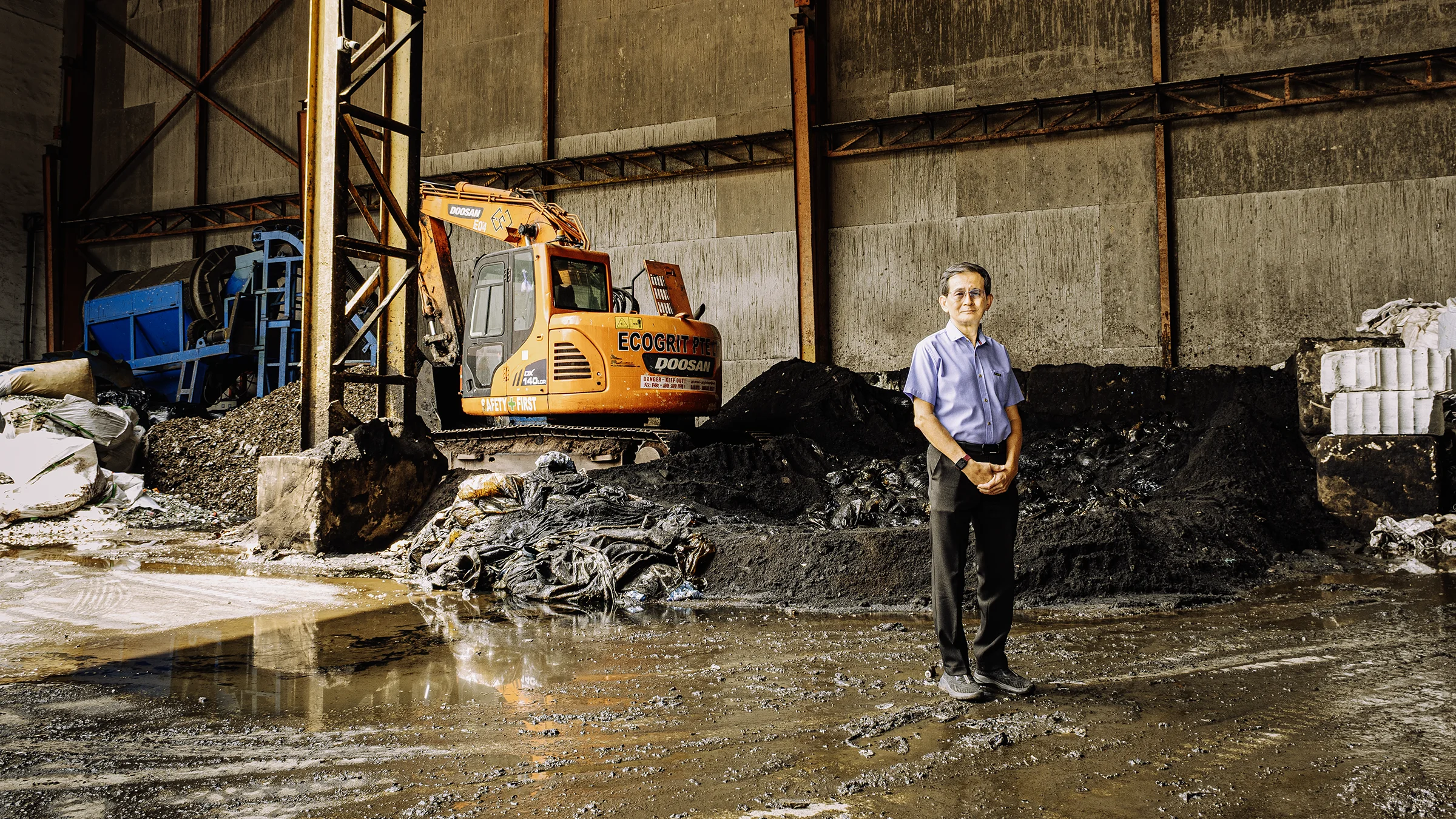
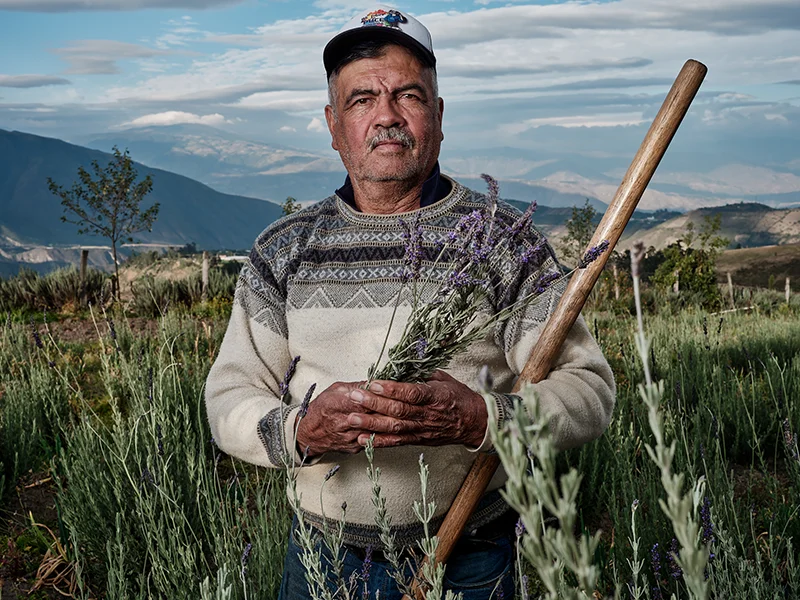
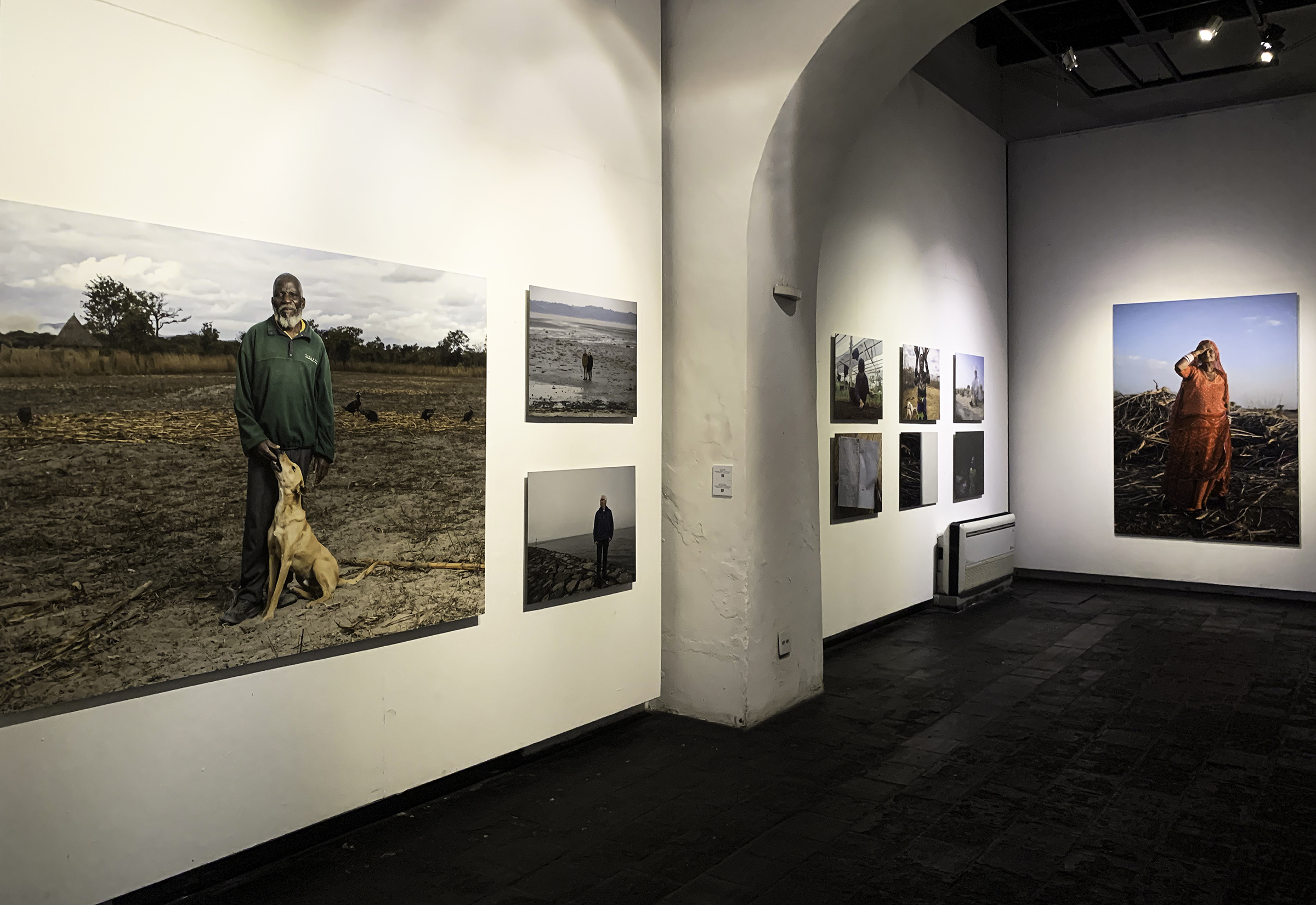
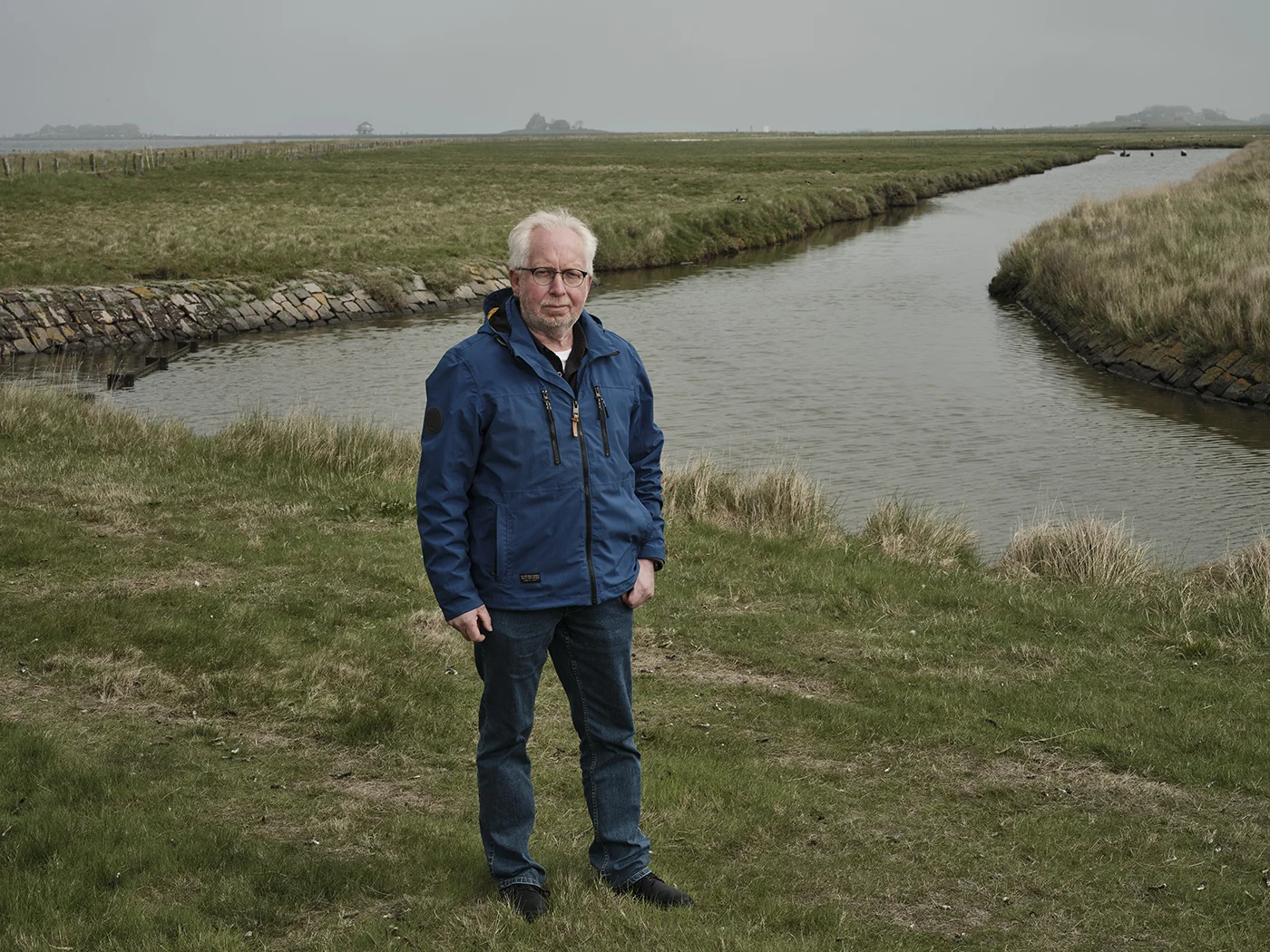
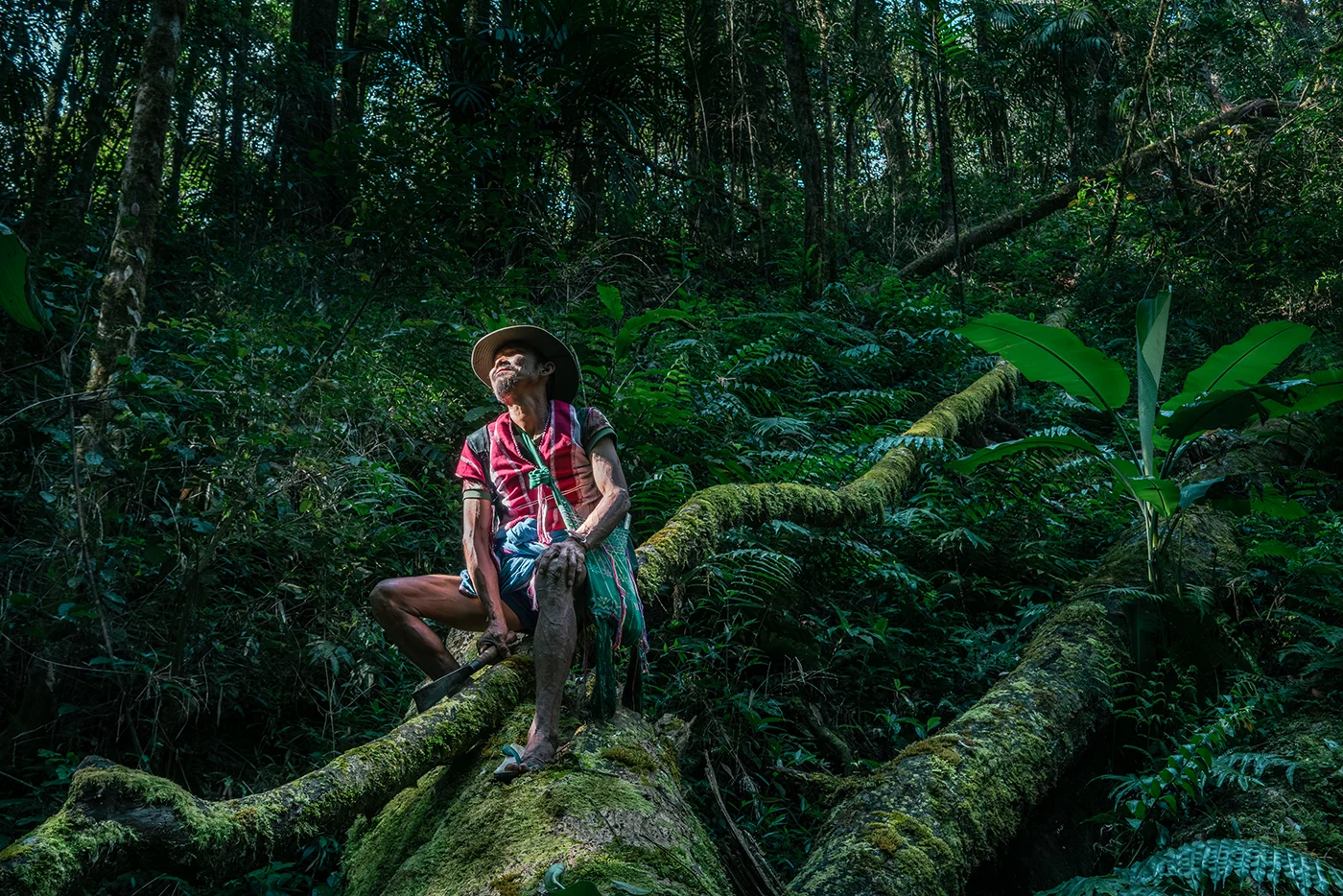
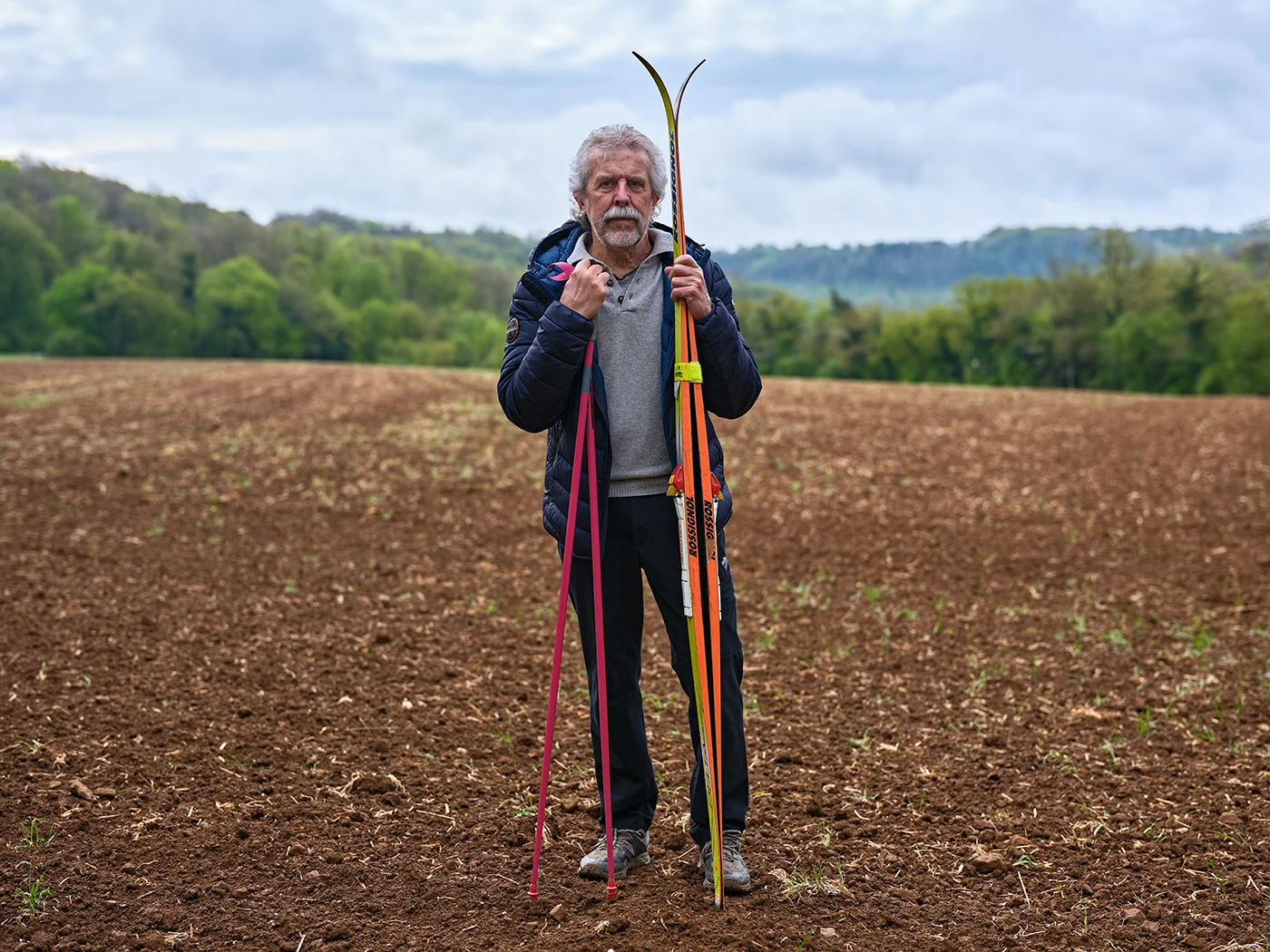






























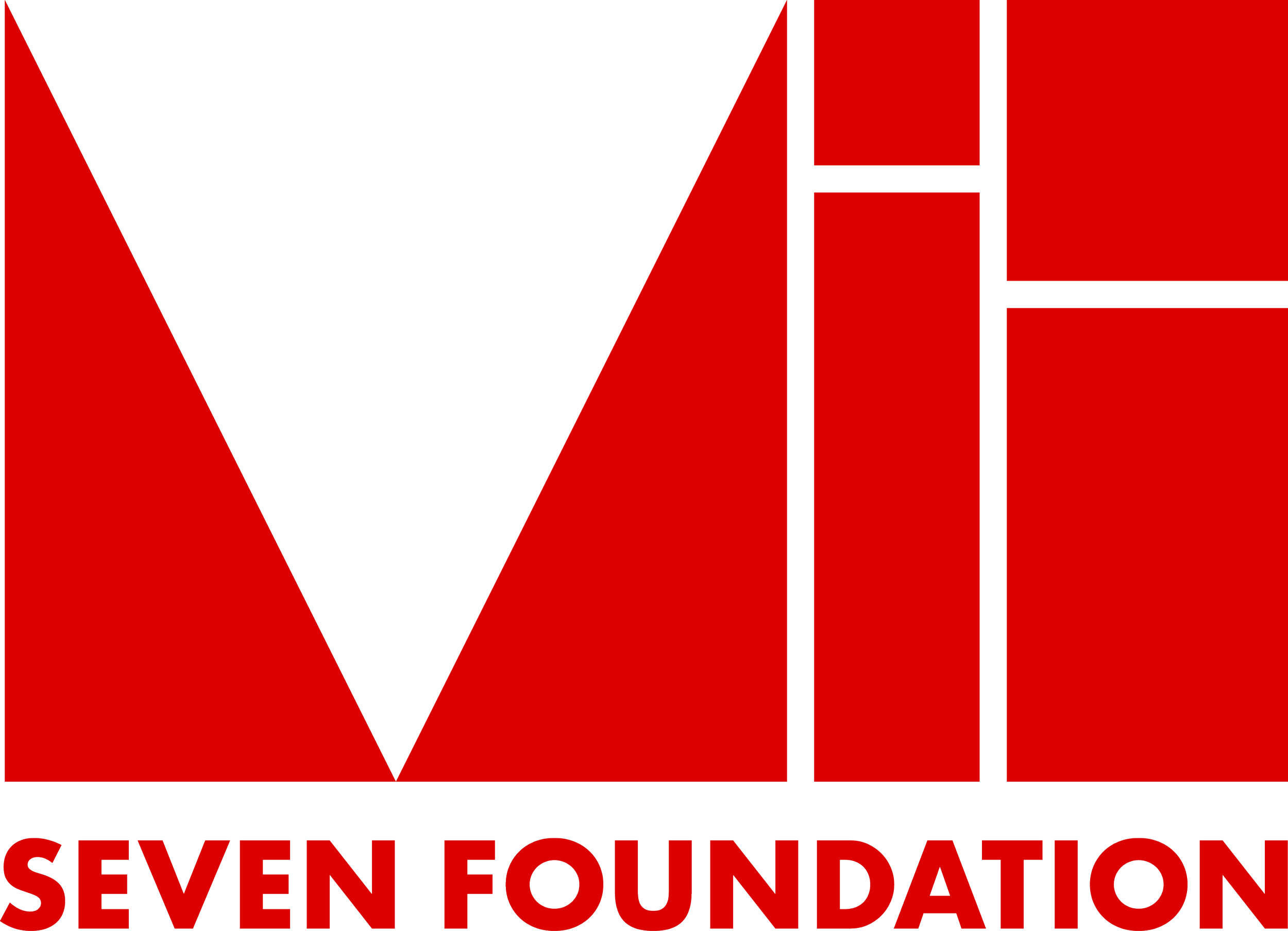








.svg)






